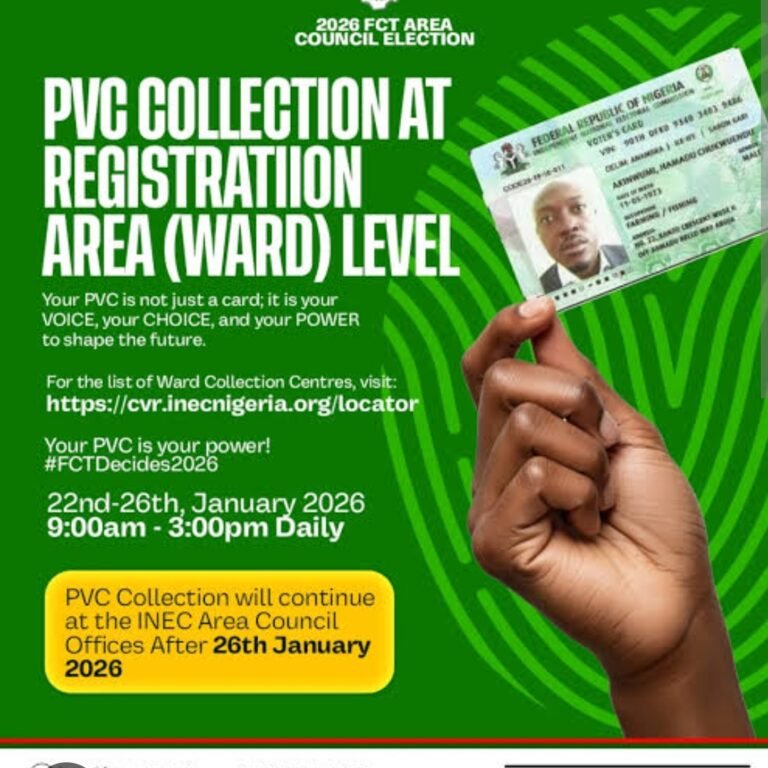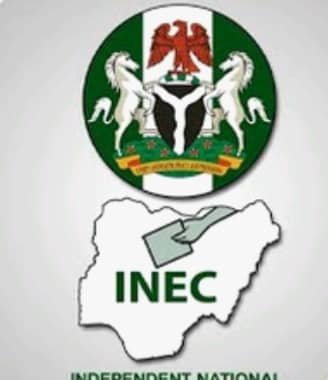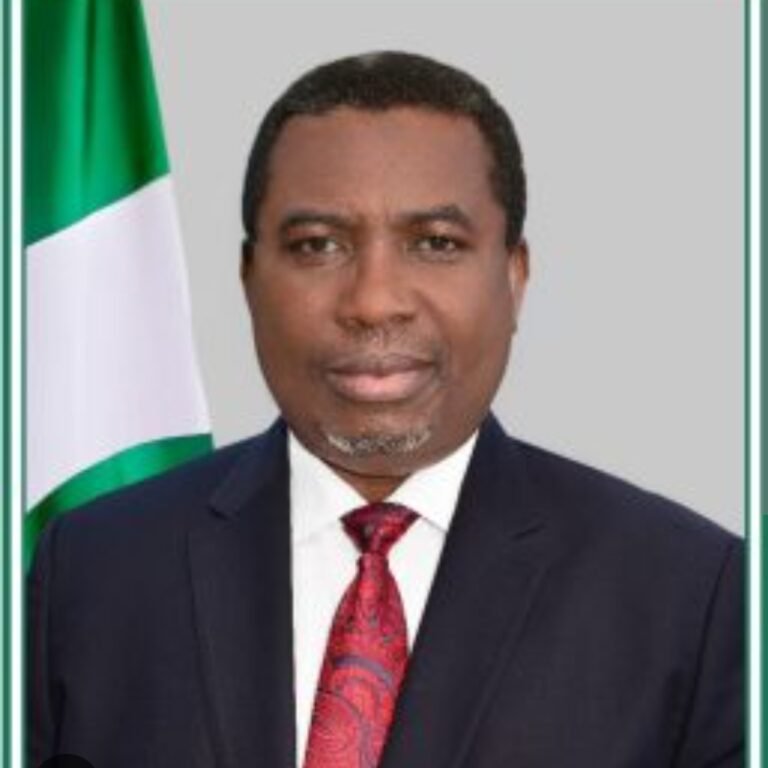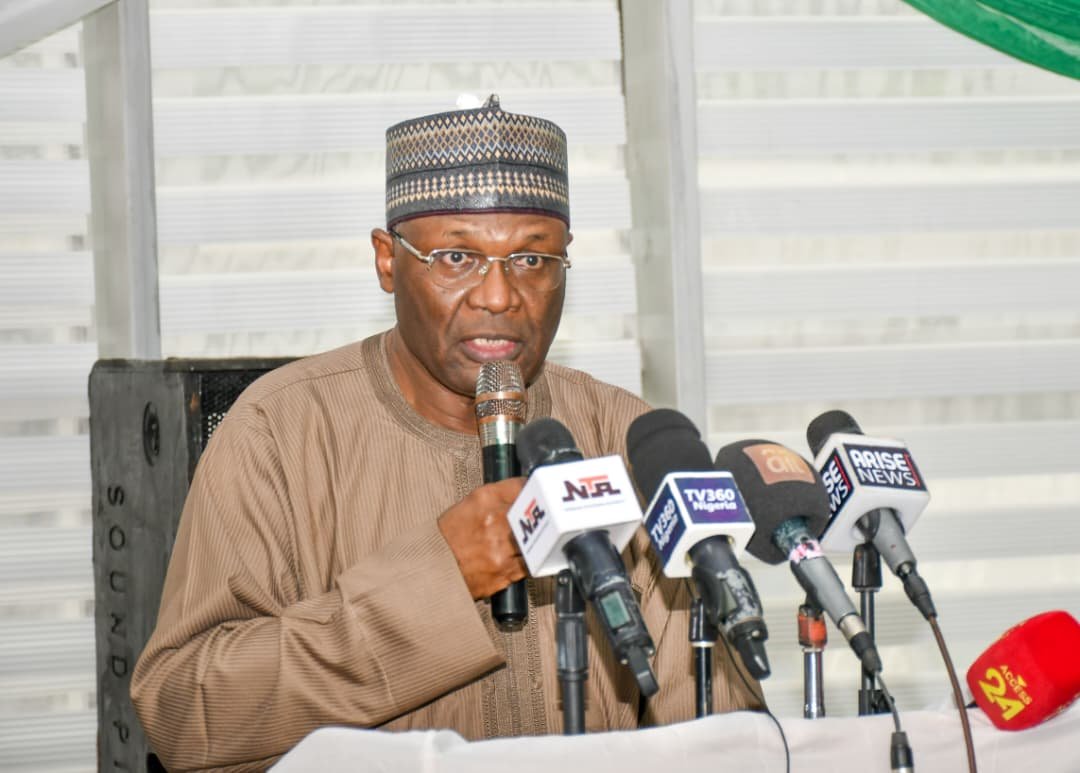
By Ameh Gabriel
The race toward Nigeria’s 2027 general elections is already taking shape but in ways that could undermine the credibility of the polls. Long before the official campaign window opens, political billboards, rallies, posters, and media adverts have flooded the public space, raising fresh concerns over illicit financing and the erosion of electoral integrity.
At a high-level roundtable convened by the Independent National Electoral Commission (INEC) in Abuja on Wednesday, stakeholders, including the Commission’s leadership and former Chairman, Professor Attahiru Jega, issued strong warnings about the dangers of premature campaigns and unchecked political spending.
Jega: “A Spiral of Illegalities”
Prof. Jega, who chaired INEC between 2010 and 2015, condemned what he described as the “brazen use of third-party fronts and dubious financing” to bankroll political activities years ahead of schedule.
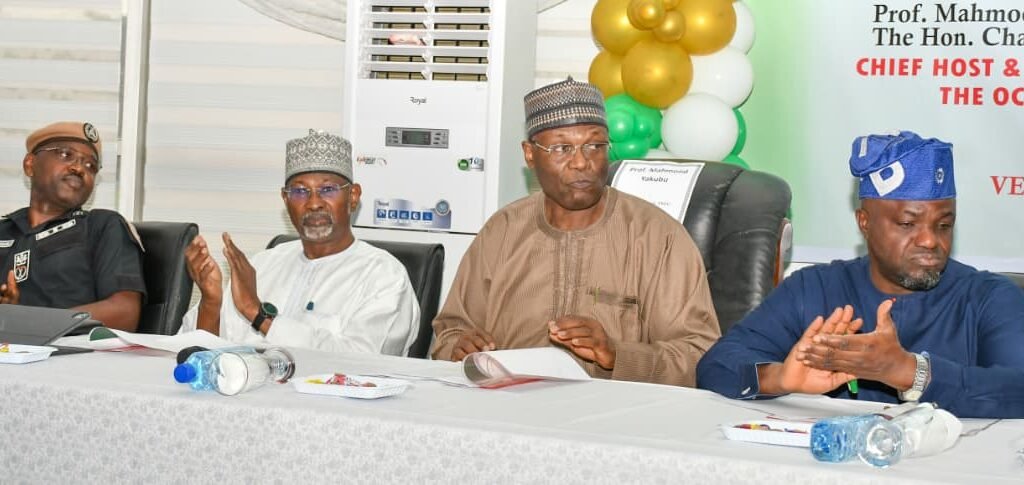
“There are allegations that some parties and candidates sponsor premature campaigns hiding behind dubious illegal ‘third parties,’ thereby breaching campaign finance laws,” Jega said.
“The unchecked flow of money into early campaigns has already created a spiral of illegalities and lawlessness that could jeopardize the credibility of the 2027 elections.”
He urged anti-graft agencies including the EFCC and ICPC to investigate and clamp down on the sources of funding behind these premature campaigns, while renewing his call for an Elections Offences Commission and Tribunal to ensure swift punishment for electoral law violations.
INEC Admits Constraints
INEC Chairman, Prof. Mahmood Yakubu, acknowledged the Commission’s difficulty in monitoring campaign finance activities that occur outside the official timetable.
“Politicians, prospective candidates, and third-party agents expend large sums that cannot be effectively monitored,” he admitted. While the Electoral Act prescribes sanctions for campaign violations close to polling day, Yakubu lamented that “there is no sanction whatsoever” for campaigns conducted years before the official window.
Rising Costs, Unfair Advantage
Professor Abdullahi Abdu Zuru, Chair of INEC’s Electoral Institute, highlighted the growing influence of third-party actors from political groups to social media influencers in fueling early campaigns.
“When aspirants compete to dominate visibility long before the official campaign period, it distorts fairness and raises the cost of political competition,” Zuru warned, noting that the practice further marginalizes candidates without massive financial backing.
Call to Action
By the end of the forum, stakeholders reached a consensus: without urgent reforms, illicit financing and premature campaigns will entrench impunity, escalate the cost of participation, and compromise the integrity of the 2027 elections.

They insisted that Nigeria’s democracy cannot afford another electoral cycle dominated by money politics and unchecked propaganda.
As the countdown to 2027 begins, Wednesday’s roundtable served as both a warning and a call to action: unless decisive reforms are enforced, the nation’s electoral system may emerge more fragile and vulnerable than ever.


